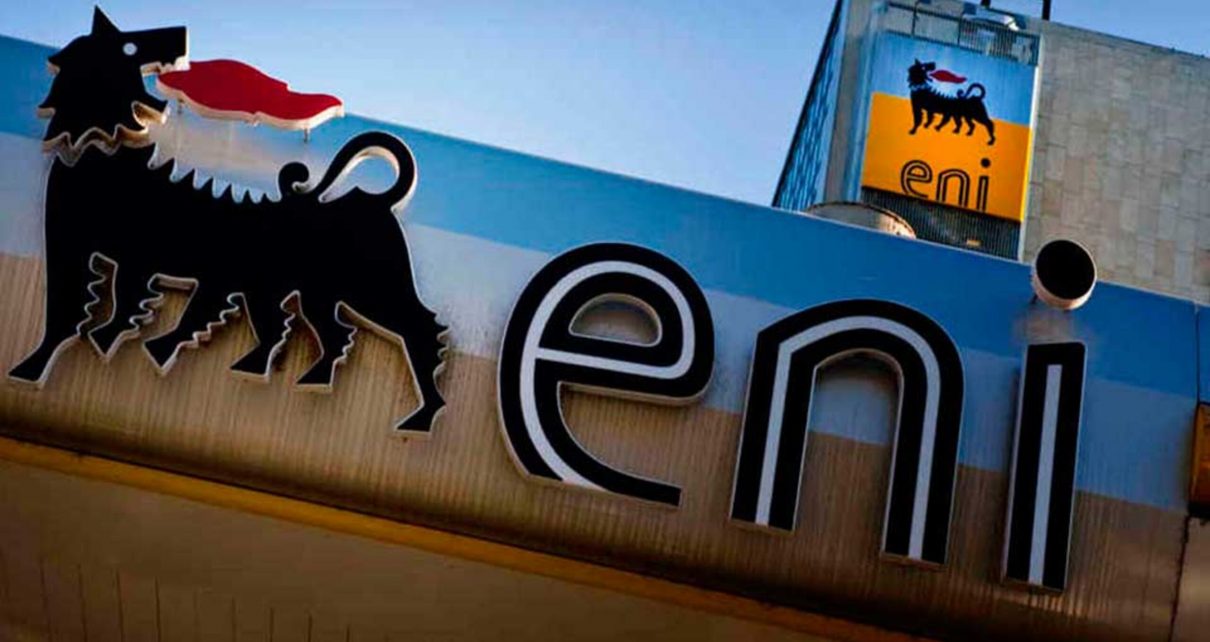In a strategic move indicative of the evolving landscape in Nigeria’s energy sector, Italy’s Eni has agreed to divest its Nigerian onshore subsidiary, Agip Oil Company Ltd (NAOC), to the local firm Oando. The deal, announced on Monday, marks yet another international energy giant relinquishing onshore assets in this West African nation.
Eni’s decision aligns with its broader, long-term objective to reduce its exposure to oil activities in favour of natural gas. This move follows Eni’s earlier disposal of oil assets in the Congo Republic back in June.
Eni intends to retain its offshore operations in Nigeria as part of its ongoing strategic focus.
The acquisition of NAOC Ltd. by Oando is set to nearly double the Nigerian company’s reserves, bringing them to a substantial 996 million barrels of oil equivalent. Oando views this purchase as a means to significantly boost production, emphasising the pivotal role indigenous entities will play in shaping the future of Nigeria’s upstream energy sector.
Although specific financial details were not disclosed, investment bank Jefferies estimates the deal’s value to exceed $500 million.
This divestment from Nigeria’s onshore sector mirrors a broader trend among international oil majors. Many of these companies, including Shell and Exxon Mobil Corp, are in the process of shedding onshore assets due to issues such as rampant oil theft, environmental spills, ongoing disputes with local communities, and a more focused allocation of exploration budgets.
Most of these energy giants, however, have retained stakes in offshore assets within Nigeria. The nation, traditionally Africa’s largest oil exporter, has encountered challenges in recent years related to theft and chronic underinvestment in its oil sector. Consequently, some energy majors have been hesitant to invest further in developing assets they ultimately intend to sell.
Nigeria, which is highly reliant on oil for much-needed foreign exchange, faces a pressing need for investment in its energy sector. Nonetheless, certain planned deals have faced legal and regulatory hurdles. Exxon’s proposed sale to local firm Seplat, for instance, remains in regulatory limbo and has faced opposition from state oil company NNPC Ltd. In the meantime, ongoing court cases have complicated Shell’s asset sales.
NAOC Ltd., primarily involved in oil and gas exploration and production, holds interests in four onshore blocks, two onshore exploration leases, and two power plants, according to Eni.
The completion of this transaction is contingent upon local and regulatory approvals. Eni will continue to own 5% of the joint venture Shell Production Development Company (SPDC), which Shell runs, following the sale.


